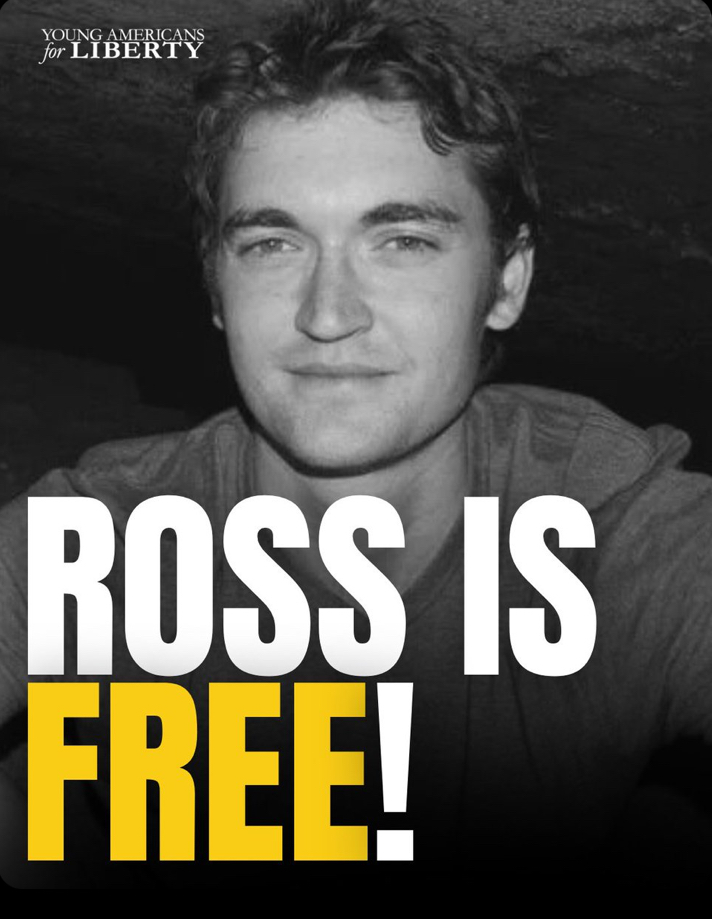January 21, 2025, President Donald Trump announced a full and unconditional pardon for Ross Ulbricht, the creator of the Silk Road, an infamous dark web marketplace. Ulbricht, who had been serving a life sentence without the possibility of parole, was convicted in 2015 on charges including narcotics trafficking, money laundering, and computer hacking. This pardon marks a significant moment for both Ulbricht and the broader cryptocurrency and libertarian communities, who have long advocated for his release.
Ross Ulbricht, known online as “Dread Pirate Roberts,” founded Silk Road in 2011. The platform was one of the first to utilize Bitcoin for transactions, providing a haven for the anonymous sale of drugs, counterfeit money, and other illicit goods. Operating through the Tor network for anonymity, the site facilitated an estimated $214 million in sales before its takedown by the FBI in October 2013. Ulbricht was arrested in San Francisco after law enforcement traced him through a series of digital breadcrumbs, including an email address he inadvertently revealed.
During his trial, prosecutors painted Ulbricht as the mastermind behind a global black market bazaar, arguing that his activities directly contributed to the deaths of several individuals from drug overdoses. Ulbricht’s defense, however, portrayed him as an idealistic libertarian who believed in free markets, claiming he did not sell drugs himself but merely provided a platform for others to do so. Despite this, the jury found Ulbricht guilty on all counts, leading to a sentence that many considered disproportionately harsh: two life sentences plus 40 years.
The pardon came as a fulfillment of a campaign promise Trump made to libertarian activists and the cryptocurrency community. Throughout his campaign, Trump had spoken at the Libertarian National Convention, where attendees vocally supported Ulbricht’s release, holding up “Free Ross” signs. Trump’s decision was detailed on his social media platform, Truth Social, where he criticized the “scum” involved in Ulbricht’s conviction, linking them to what he described as the “weaponization of government” against him.
This pardon has sparked a range of reactions. Supporters of Ulbricht see it as a correction of an overly punitive sentence for non-violent crimes, while critics argue it undermines the seriousness of the crimes committed through Silk Road. The release of Ulbricht not only brings his personal saga to a close but also reignites discussions on criminal justice, privacy in the digital age, and the ethics of cryptocurrency use in illegal activities.

